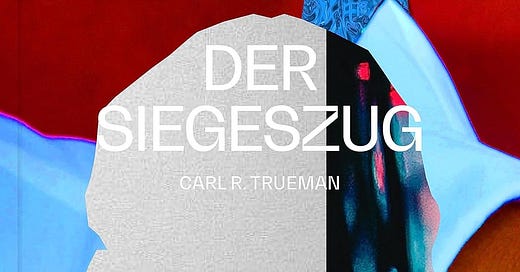Carl R. Trueman's work “The Triumph of the Modern Self” is an in-depth analysis of the cultural and psychological changes that have led to today's conception of the self.
Trueman is a historian and theologian and traces in detail the path that our Western society has taken from traditional self-understandings to an expressive individualism. He combines p…





